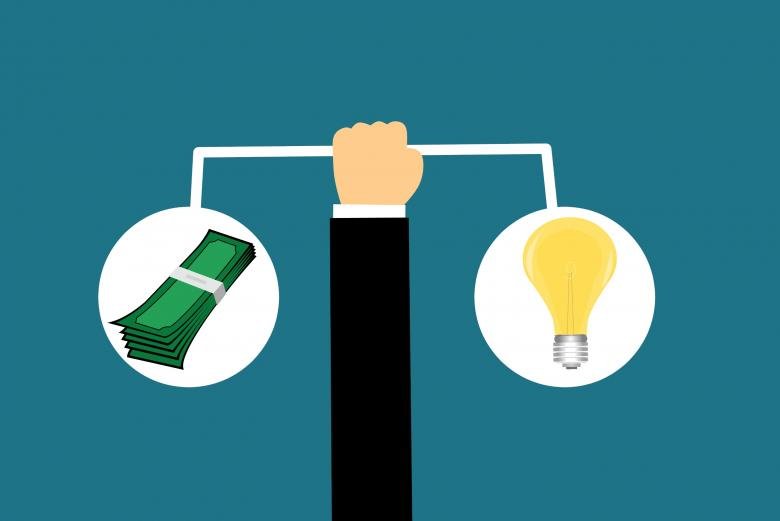1. Income Tax Slabs & Take‐Home Pay
Budget announcements often adjust income tax slabs and rebate limits. If your bracket changes, your net salary shifts accordingly. In 2025, any increase in the basic exemption limit or rebate can boost household budgets—letting you save or spend more each month.
2. Subsidies & Prices of Essentials
Governments provide subsidies on items like fuel, cooking gas, and food grains. When budget allocations to subsidies rise, prices at the pump or ration shop may stay stable, shielding low‑income families from sudden spikes. Conversely, subsidy cuts can translate into higher bills.
3. Public Services & Infrastructure
Allocations for roads, public transport, and sanitation directly impact daily life. An increased budget for local infrastructure can mean better buses, safer roads, and cleaner streets in your city or town—improving commute times and quality of life.
4. Healthcare & Education Funding
Budget boosts for healthcare mean better-equipped clinics and subsidized medicines. More funds for education can lower tuition fees, improve school facilities, and expand scholarship programs—benefitting students and parents alike.
🔗 Related read: How the Budget Affects Common People
5. Social Welfare Schemes
Schemes like pensions, mid‑day meals, or housing assistance depend on budgetary support. An expansion of social welfare budgets can widen coverage, providing financial relief and improving livelihoods for vulnerable groups.
6. Inflation & Cost of Living
While the budget doesn’t directly set inflation, its fiscal policies—deficit levels, subsidy cuts—can influence price trends. Learn strategies to hedge your savings in our guide on How Inflation Affects Your Finances.
7. Employment & Job Creation
Budget allocations to infrastructure and manufacturing stimulate job creation. Special incentives for startups or small businesses can generate new employment opportunities—critical for youth and under‑employed communities.
🙋 FAQs
Q1: How soon do budget changes reach the consumer?
Implementation varies—some tax changes apply immediately, while new schemes may roll out over months.
Q2: Can I influence budget priorities?
Yes—through public consultations, local representatives, and civic forums.
Q3: How is the budget deficit related to my taxes?
A larger fiscal deficit may lead to future tax hikes; learn more in our Understanding Fiscal Deficit article.
Q4: What if inflation rises after the budget?
Review your investments and savings strategy; consider inflation‑linked assets to preserve purchasing power.
Q5: Where can I find the full budget document?
Most finance ministries publish it online—e.g., India’s at indiabudget.gov.in.
🏁 Final Thoughts
Knowing how the budget affects common people helps you make informed financial choices—whether it’s adjusting your budget, applying for subsidies, or planning investments. Stay updated and empowered with insights from bit2050.com, your partner in navigating economic changes in 2025 and beyond.
🏷️ Tags
budget impact, personal finance, government budget, cost of living, income tax, public services, social welfare, bit2050.com, inflation, job creation




